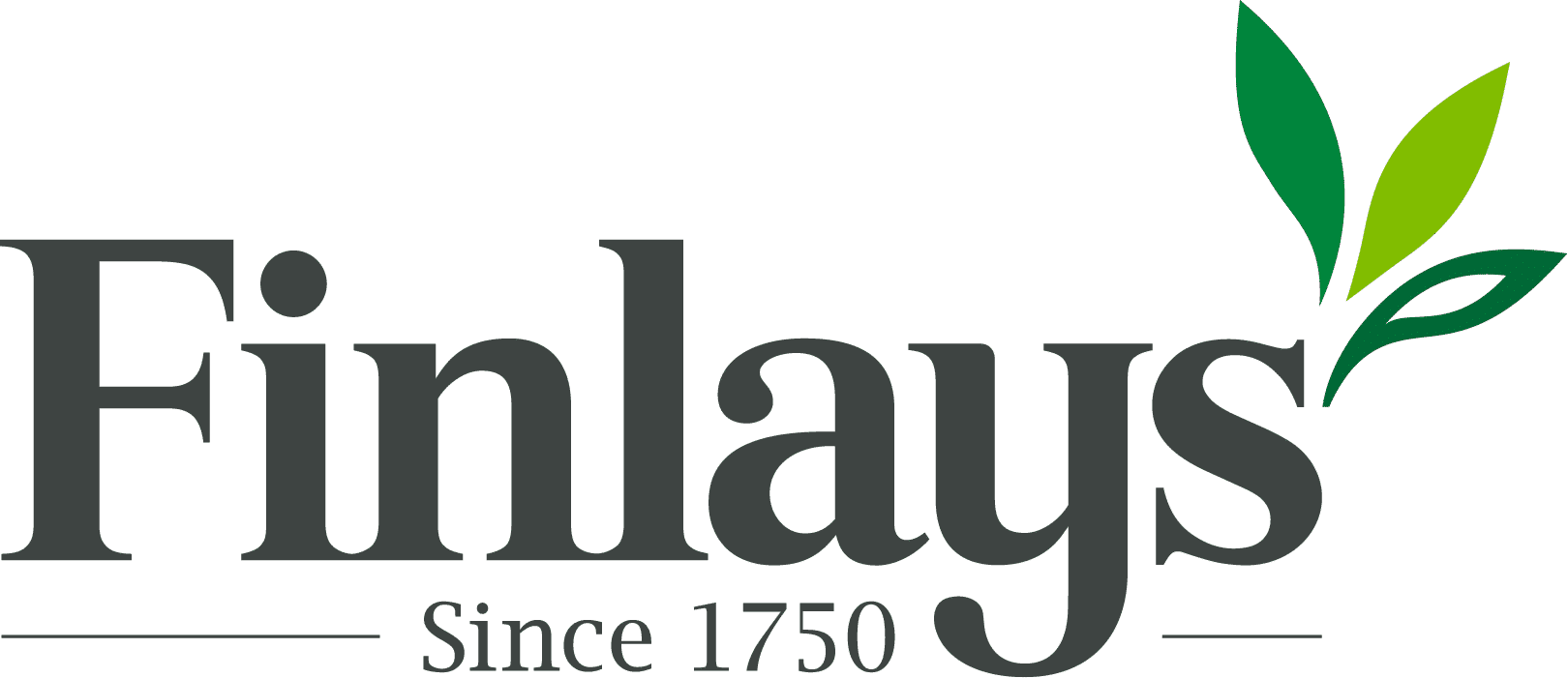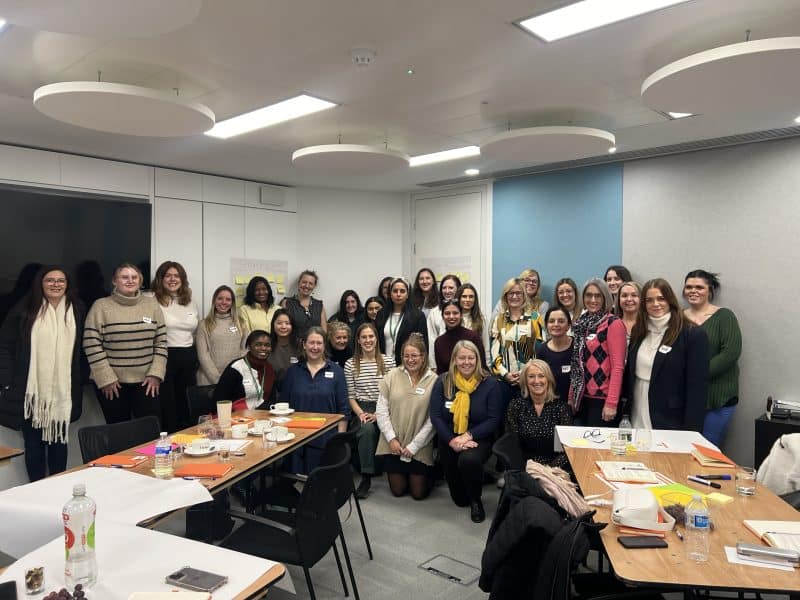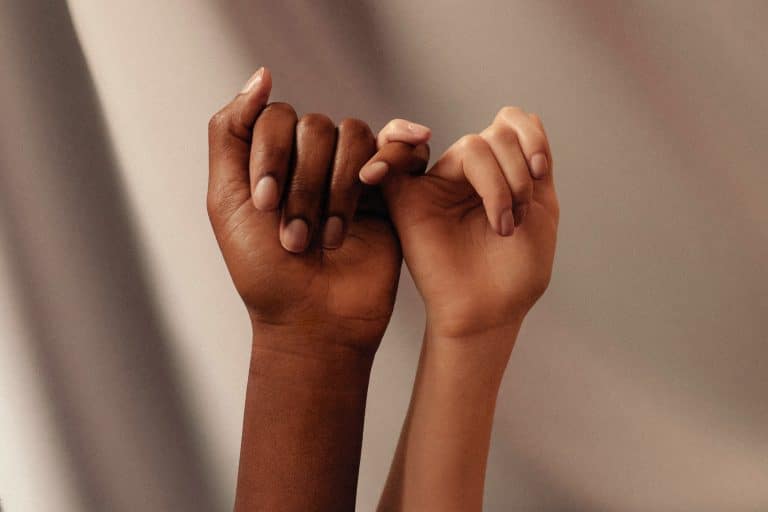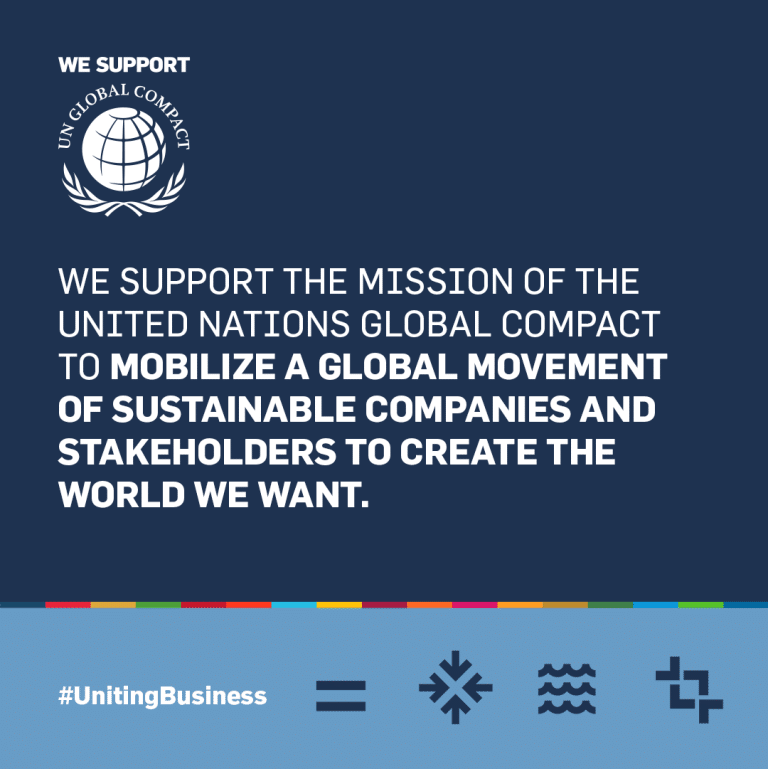Daisy Barnes discusses the importance of International Women’s Day and how the Finlays Women in Business Network in the UK is seeking to create a fairer, better and more sustainable business for colleagues.
As we celebrate International Women’s Day (IWD) on the 8th March, the global community will once again turn its gaze towards the remarkable achievements, ongoing struggles, and enduring resilience of women. IWD serves not only as a moment to celebrate the progress made in advancing gender equality, but also as a poignant reminder of the work that remains to be done. In the face of systemic barriers, cultural norms, and persistent inequalities, women continue to challenge the status quo, driving change, and shaping the future. This year, the IWD campaign theme is ‘Inspire Inclusion’. The idea is that, when we inspire others to understand and value women’s inclusion, we forge a better world.
For Finlays, with our refreshed women in leadership target as part of our new sustainability strategy, it’s as important as ever to amplify the voices of women across the business, acknowledging their contributions and reaffirming our commitment to building a more inclusive and equitable workplace for all.
Join us as we delve into the multifaceted significance of IWD and the creation of our UK Finlays Women in Business network (FWIB). We’ll explore the progress the network has made, the challenges that still persist and ways that you can support women in your workplace.
Closing the Gender Gap: Why International Women’s Day Matters
So why is International Women’s Day important? Well for us in the UK and Europe there are some telling statistics revealing how women are under-represented in business and industry:
- Just 23.7% of senior business roles in the UK (Chief Exec and Senior Officials) are held by women (Catalyst)
- Women account for only 6.6% of CEOs on the Fortune 500 list (Catalyst)
- 40% of men in senior roles gold budgets of over $40 million, compared to 24% of women in Europe (Catalyst)
- 35% of men in senior roles manage 11 or more direct reports, compared to 21% of women in Europe (Catalyst)
- Women still shoulder the majority of ‘unpaid labour’ outside of their formal employment, undertaking more than double the amount of household labour vs their male counterparts (Office for National Statistics)
However, where women are empowered, we all win. In fact, there is a direct correlation between women’s empowerment and business performance. Companies with more women in senior roles perform better – gender balanced companies (at senior level) are 21% more likely to outperform the national industry median on EBIT margin and 27% more likely to outperform on longer-term value creation (EP margin) (McKinsey).
These statistics translate to Finlays as well where, as of 2023, 30% of global management were women, compared to 25% in 2018. This is why women in leadership was a key focus area for our previous sustainability strategy and remains a key focus area as part of our new strategy. We’re making good progress, but globally we remain below an equal gender split in terms of leadership roles. Subsequently, there is work to do!
And this is exactly the reason why we need to forge an inclusive work culture where women’s careers thrive and their achievements are celebrated.
Finlays Women in Business Network (UK): Supporting Women’s Careers
Launched in 2020, the aim of the Finlays Women in Business network UK (FWIB) has always been to contribute to a truly equitable workplace, in which women are empowered to fulfil their potential to support Finlays’ values, creating a fairer, better and more sustainable business for all colleagues.
We know that, for women at Finlays, career aspirations and self-advocacy intertwine with wellbeing and work-life balance. We want FWIB to allow our women to become more fearless and fulfilled with their career choices. To do that, bridging the gender gap in the workplace is imperative. Participation in the FWIB UK community is open to all employees identifying as female based in the UK, with some events available to all UK employees, regardless of gender.
One of the ways we’re doing this is by empowering women with the tools that they need and, more specifically, have asked for. FWIB aim to support this through 4 key areas:
- Community – creating a collaborative network of women in the business
- Awareness and education – Increasing awareness of FWIB and our aims, listening to women in the business and learning from extra bodies/other businesses
- Empowering women – Looking for opportunities to further career/personal development, and enable women to share skills and experience
- Practical solutions – Identifying challenges faced by women and introduce tangible solutions to drive business change
Here’s what some of our FWIB UK members have to say about their experience:
“Empowering women in business isn’t just about equality; it’s about unleashing untapped potential. Having the FWIB available to women in a manufacturing company isn’t just a support system; it’s a catalyst for discussion, support, innovation, collaboration, and growth.”
– Cathy Bell , Product Availability Manager at Finlay Beverages
I volunteered to be on the FWIB steering group because I want to make a difference, to help Finlays become a more equal and balanced workplace. FWIB is about creating a space where women can connect, reflect, learn and develop. This allows us to unlock the phenomenal potential we all have. I’m really proud of what we have built so far, no more so than when I hear from new joiners that FWIB was one of the reasons they chose Finlays. Or when I hear that one of our sessions has helped women to take their place at the table, address a pay conversation, or request that flexible working, or accept without quibble the acknowledgement and praise they have earnt by doing their jobs well.
– Helen Hume , Group Head of Tea
IWD Global Work Still Ahead for Women’s Equality
While International Women’s Day celebrates how far women’s rights and gender equality have come, it’s also important to recognise what still needs to be done.
According to the United Nations, women make up 70% of the world’s 1.3 billion people in poverty. Of those displaced by climate-related disasters, 80% are women and girls. COVID-19 has also taken a serious toll on our socioeconomic wellbeing globally, and in disparate ways based on gender and other social determinants of health. A study found that women and girls experienced worse social and economic consequences than men (The Lancet).
Whilst it will take concentrated efforts to reverse the effects, the study also uncovered an emergence of women’s leadership in managing the Pandemic, offering us an important opportunity to restructure crisis responses to be more gender equitable and more positives. Recognising the varied aspirations and obstacles across genders will play a key part in allowing us to realise and celebrate everyone’s potential, across the business.
Supporting Gender Equality: The Role of Men
Contrary to a very common misconception – there is in fact an International Men’s Day (November the 19th). Similarly, to IWD, International Men’s Day serves to highlight and address issues affecting men’s wellbeing, promoting positive masculinity.
We recognise that discussions surrounding gender equality often focus on the challenges faced by women, and that it’s essential to recognise that gender stereotypes and societal expectations can also impact men.
Collective action and shared ownership for driving gender parity is what makes International Women’s Day impactful. Gloria Steinem, world-renowned feminist, journalist and activist once explained, “the story of women’s struggle for equality belongs to no single feminist nor to any one organization but to the collective efforts of all who care about human rights.”
With that in mind, make International Women’s Day your day and do what you can to truly make a positive difference for all.
How can I contribute?
Everyone can inspire inclusion in light of IWD. Whether that’s in your community, at work, at home or beyond. To truly include women means to openly embrace their diversity of race, age, ability, faith, body image and how they identify. Individually, though, it’s important to seek out and value the inclusion of women – sharing this knowledge, support and encouraging others is also key. Here are some other ways you can support women in business at work:
- Allyship is extremely valuable; be visible, voluble FWIB supporters with your teams.
- Make time for the FWIB events accessible to you.
- Start your own network!
We encourage our colleagues across the company to establish their own women in business networks. Congratulations to our colleagues in the US and Argentina who have already set up their own FWIB initiatives – we’re looking forward to seeing more networks established across our global business this next year.





